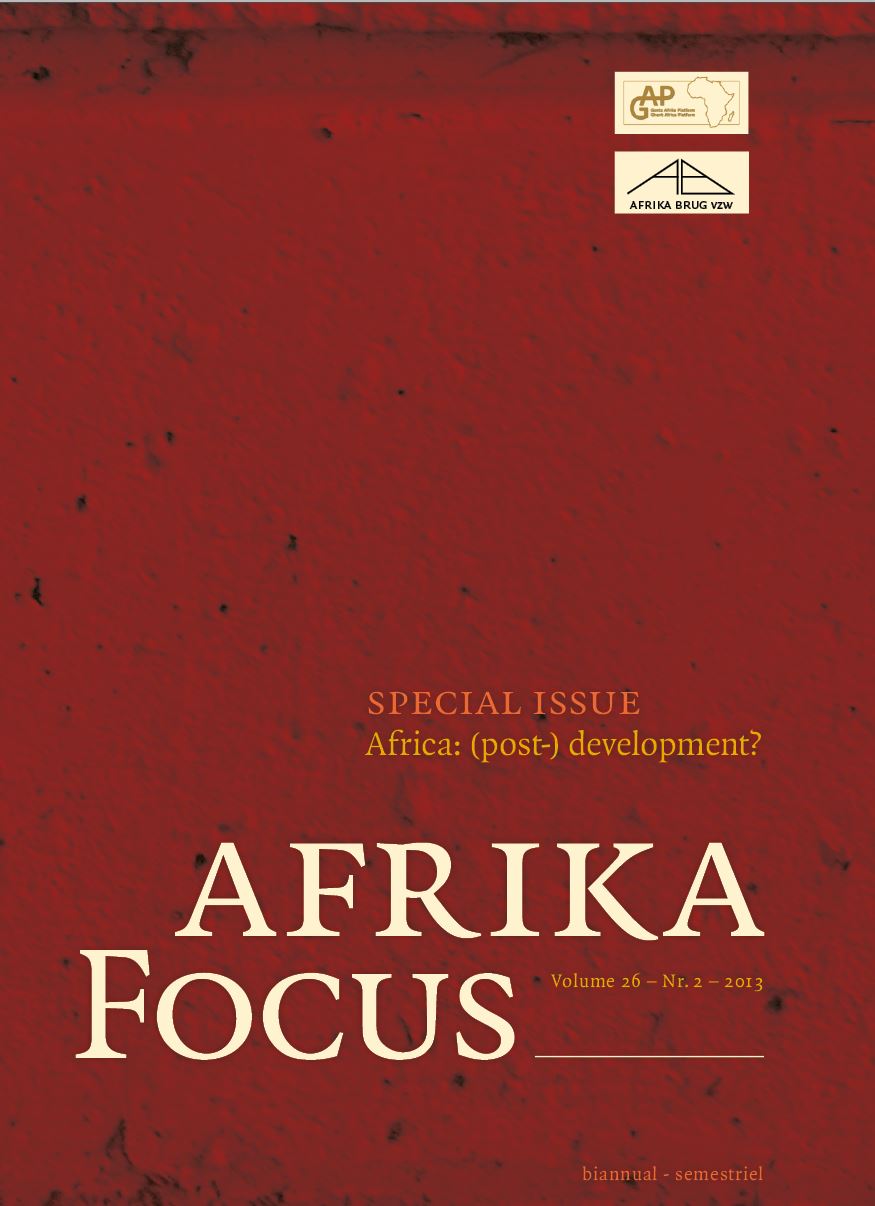Teacher and learner beliefs and expectations about English language teaching and learning at a Mozambican university
DOI:
https://doi.org/10.21825/af.v26i2.4913Abstract
Recent studies have suggested that teacher and learner beliefs about second language instruction have a significant influence on language teaching and learning process and, consequently, on students’ achievements. However, in the Mozambican context, we still do not have studies focusing on learner and teacher beliefs about students and language proficiency, about teaching materials, about individual and cultural variations and beliefs about the learning process itself. Using ques- tionnaires and a focus group report, we look at the Mozambican linguistic profile, the learner and teacher beliefs and their influence in tertiary English Language Teaching (ELT) and learning. The results show that there is a need for creating an environment in which teachers’ and learners’ cultural background, beliefs and needs are considered so as to enable teachers to teach effectively, as well as enabling learners to achieve positive learning outcomes. Key words: beliefs, expectations, English Language Teaching, Mozambican students, Mozambique, second language learningPublished
How to Cite
Issue
Section
License
Authors who publish with this journal agree to the following terms
Authors retain copyright and grant the journal right of first publication with the work simultaneously licensed under a Creative Commons Attribution License that allows others to share the work with an acknowledgement of the work's authorship and initial publication in this journal.
Authors are able to enter into separate, additional contractual arrangements for the non-exclusive distribution of the journal's published version of the work (e.g., post it to an institutional repository or publish it in a book), with an acknowledgement of its initial publication in this journal.
Authors are permitted and encouraged to post their work online (e.g., in institutional repositories or on their website) prior to and during the submission process, as it can lead to productive exchanges, as well as earlier and greater citation of published work (See The Effect of Open Access).


